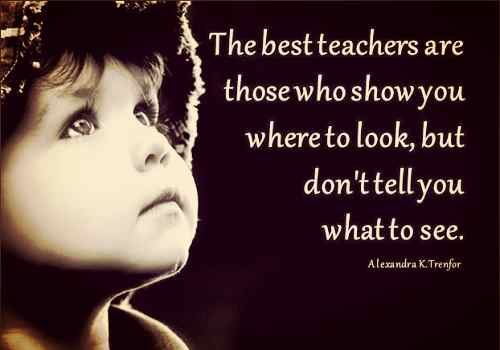Categories(658 Blogs)
Select Category
Watch Right Now
Teacher App - Class
Schedule & Attendance Management App
Parent App from Edsys
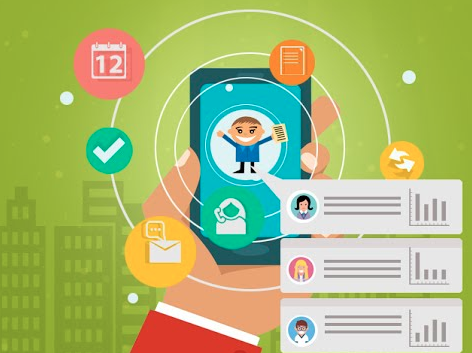
Best School Bus Tracking System
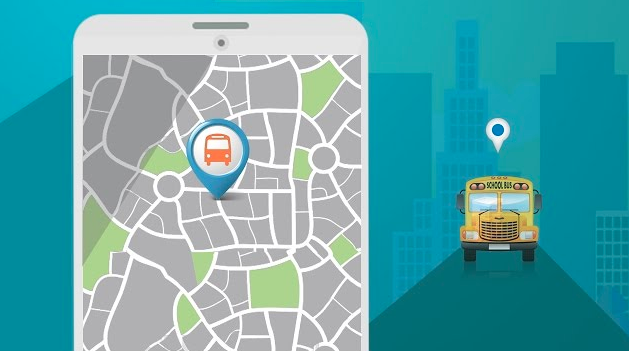
Cashless School - For Smart Schools of Tomorrow
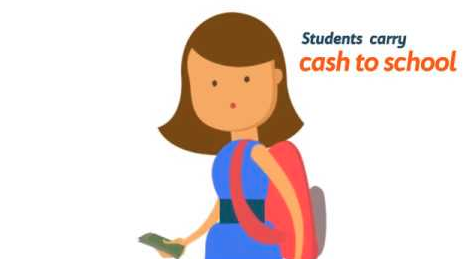

What is Social Referencing in a Child’s Development?
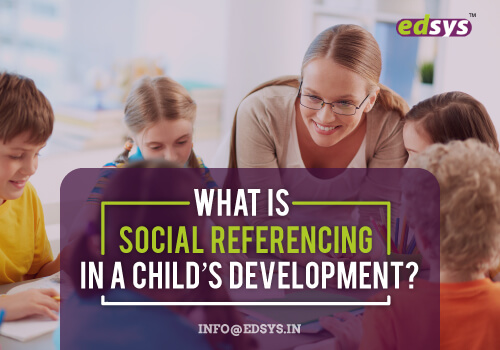
Social referencing can be referred to as an important tool that helps infants to get familiar with their new environment, new people as well as objects that form a part of their new world. This also occurs when a child reads facial expressions and uses the information to make decisions.
When born, an infant is new to the environment, right? But, how do they get familiar with their surroundings? In fact, how did we people grow and how did any human being get used to their atmosphere? Answer for all these questions points to social referencing.
Even from their sixth month, kids begin using social referencing as a way to get a deeper understanding of their immediate environment. With age, the child will be using social referencing more than earlier and slowly they will start responding to their parent’s action.
Babies take signals from the emotional response of caregivers or parents and shape their responses accordingly. For instance, if they notice a shiny object on the floor and were beginning to take it, they will look at their parents or the one who is taking care of them to know whether it is fine for them to touch that.
A parent’s single action will be the reference for the baby to decide whether to touch it or not. With the caretaker’s influence, the child will learn to express both positive as well as negative emotions, which means that expressing emotions is closely related to social as well as educational pressures of family and the surroundings.
Social as well as expressive skills help kids to
- Get a clear understanding of the life they have to live
- Shape the future and achieve control during the transition stage
- Co-operate and play with peers
- Concentration to their parents’ or teachers’ instructions
- Complete a learning process and learn about the ways to control emotions
With social referencing, children will read the emotional meaning of other person’s facial expressions and thus emotional development will occur throughout their life.
From the kid’s stage to adulthood, the child has to pass through many stages of social and emotional development. Parents can also analyze the growing stages of their child, which are –
Soon after birth (0 to 6 months)
Social interactions would develop within six months after birth. During this phase, your baby would –
- Look at their hands and legs
- Suck the fingers
- Respond to your touch and smile
- Try to find out where you are touching
- Respond to your call in 3rd to 6th month
- Smile at certain sounds you make
Before first birthday (6 months to 1 year)
During this stage, your kid is more likely to understand the family members whom they see often. You can also expect the baby to
- Express pleasure, fear, unhappiness and even anger
- Differentiate between family and other strangers
- Respond to your actions and even imitate after 9 months
- The self holds the cup from which they are drinking water
- Try eating small pieces of food himself
- Express sadness when taken away from you
Before the Second Birthday (1-2 years)
Now, he’s a baby explorer. More time will be spent on finding new things and places around him, in monitoring people around and thus developing a sense of self-awareness.
Expect your kid too –
- Be happy when you praise them for anything they do
- Identify his mirror image
- Well imitate your action and speech
- Take initiative in helping you with your work
- Express anger and frustration
Toddler Stage (2 to 3 years)
Now your kid is more creative and will be confident enough in all their actions. In this stage, your baby will–
- Show interest in playing with other kids and will like their company
- Be able to know their gender – a boy or girl
- Try to put the dress on and remove it himself
- Say yes or no based on their moods and interests
- Make choices in their dress, food, toys as well as games
- Self-protective attitude about their own toys
Within the fourth year
In this age, your toddler is grown and will be involved in diverse activities physically which helps to increase their self-confidence level. They will be –
- More independent during this stage
- Able to follow the orders you give
- Show interest in sharing their toys with friends or siblings
- Perform certain activities independently
After the Fourth Year (4 to 6 years)
After four years old, your child will be much aware of their personality. With much interest in involving games and such activities, they will also develop skills of thinking and reasoning.
You can also expect your child to:
- Compare him with other kids
- Stay friendly with their companion kids
- Differentiate good as well as bad behavior
- Show interest in playing competitive games
- Try to know what others feel like
- Learn to follow all the instructions in the right way
School Stage (7 to 12 years)
In this stage when your child starts going to school, you can notice more changes in them. Also, expect your child to learn more skills including
- Following almost all rules well
- Forming teams in a formal manner
- Interacting well with friends
- Expressing more interest in certain school subjects
Adolescent stage (12 to 20 years)
At this age, your son or daughter will have many questions and confusion. Your child may –
- Answer all your questions in a much satisfactory way
- Be more aware of the appearance
- Consider getting eternal and true friendship
- Like to be alone at times
Monitor these changes in your child’s life, which helps with their well being.
I hope these details help you learn how social referencing helps in your children’s emotional as well as cultural development.
Recent Blogs
Our Educational Services
Popular Blogs
Subscribe

SUBSCRIBE TO OUR NEWSLETTER
Sign Up and Recieve the Latest News
Don’t Worry, We Don’t SpamExplore Our Extensive Researched Educational App Directory
Visit Now















